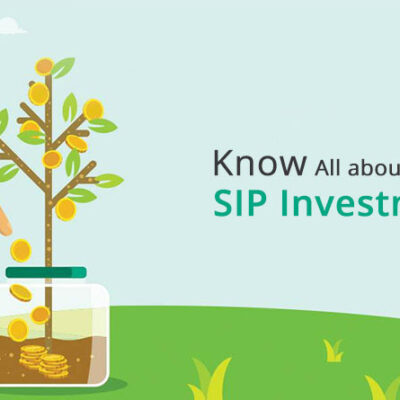Beginning on April 1, 2023, the Income-tax Act of 1961 will be amended as proposed in the Budget for 2023. The modifications will take effect in FY 2023–2024. Several of these make the new tax system more appealing than the previous system.
On April 6, 2023, the Central Board of Direct Taxes (CBDT) released a circular outlining the procedures employers must follow to deduct TDS (tax deducted at source) from wage payments made for the current fiscal year. The circular states that an employee is still able to select between the old and new taxation systems. However, tax on salary will be withheld based on the new tax regime if the employee fails to inform the employer of an option.
Please be aware that filing an income tax return (ITR) is unaffected by the income tax regime selected for TDS on salary. An individual may select any tax regime when submitting an ITR, regardless of the choice made for determining TDS on salary. In other words, when calculating TDS, an employee can select a tax regime and later change it when filing a tax return.
However, a salaried individual must consider certain factors while deciding which income tax regime to choose for TDS in salary.
The new tax regime is the default
As was previously stated, if you do not advise the company of your preference, the employer will withhold tax from your pay based on the new tax regime. A person cannot claim several tax exemptions or deductions under the new tax system.
It only allows the following deductions in the current financial year:
a) Standard deduction of Rs 50,000 from salary income
b) Deduction under Section 80CCD (2) for employer’s contribution to NPS account
Any other deductions and tax exemptions cannot be claimed by an individual under the new tax regime.
May lose out on certain tax exemptions
You might not be able to use your employer to claim tax exemption on leave travel allowance (LTA) and meal vouchers if the TDS on salary is deducted under the new tax regime. Tax experts are unsure as to whether you may still claim these tax exemptions if you switch to the previous tax system when submitting your ITR.
The food coupons that an employer provides to a worker are typically regarded as a component of the worker’s cost to the firm (CTC). Under the previous tax system, they were regarded as exempt from paying taxes. The income tax statutes state that under the previous tax system, an employee could seek a tax exemption of Rs. 50 each day.
Keep in mind that you are free to claim tax exemptions on additional benefits and deductions when you file your ITR. If the old tax law is still in effect, a salaried person may claim deductions under sections 80C to 80U as well as a tax exemption on house rent allowance (HRA) when filing an ITR.
What about advance tax payments?
An individual is liable to pay for advance tax payments if the estimated tax liability after deducting TDS exceeds Rs 10,000 in the financial year.
Sujit Bangar, a former IRS officer and founder of Taxbuddy.com, says, “If a taxpayer opts for the new tax regime for TDS on salary now but opts for the old tax regime at the time of filing next year, then he/she is likely to face some hassles at the time of filing the tax return.”
“Irrespective of the tax regime opted for TDS on salary, one is liable to pay advance tax if eligibility criteria are met. If the advance tax payments are not made on time, then the individual is liable to pay penal interest at the rate of 1% per month on the tax amount due. The income tax authorities may levy this interest if the overall advance tax amount payable is not fully paid due to a shortfall in TDS by the employer. Thus, if you opt for another tax regime at the time of filing the ITR – from what was opted for TDS on salary – penal interest may be levied on the advance tax amount,” says Saraswathi Kasturirangan, Partner, Deloitte India
Form 16 will not reflect tax exemptions, deductions
The Form 16 that the employer issues will not reflect the tax exemptions and deductions that an employee is entitled to if the company withholds tax on salary income under the new tax regime. Therefore, if deductions and tax exemptions are requested at the time of filing an ITR, careful manual calculations must be made.
Further, proof of tax deductions and exemptions must be kept handy, in case the income tax department asks you for it.
Opting for the old tax regime is wiser because
Choosing the old tax system for TDS on salary makes sense because the employer will give you a breakdown of tax exemptions and deductions in Form 16. Furthermore, calculating taxable income will be significantly simpler if you switch to the new tax system at the time of filing your ITR. If certain investments are not possible for you to make during the financial year, the new tax system will assist you in reducing your tax burden.
“A taxpayer will switch from new to old tax regime or vice versa only if the tax outgo is lower,” says Aastha Dhowan, Partner at N.A. Shah Associates, a tax consultancy firm. Further, she adds, “The income tax department can send you a notice asking salaried individuals to show proof of deductions and investments declared in the ITR. If an individual is unable to provide proof, the individual will have to pay an additional tax along with penalties.”
(Source – The Economic Times)








